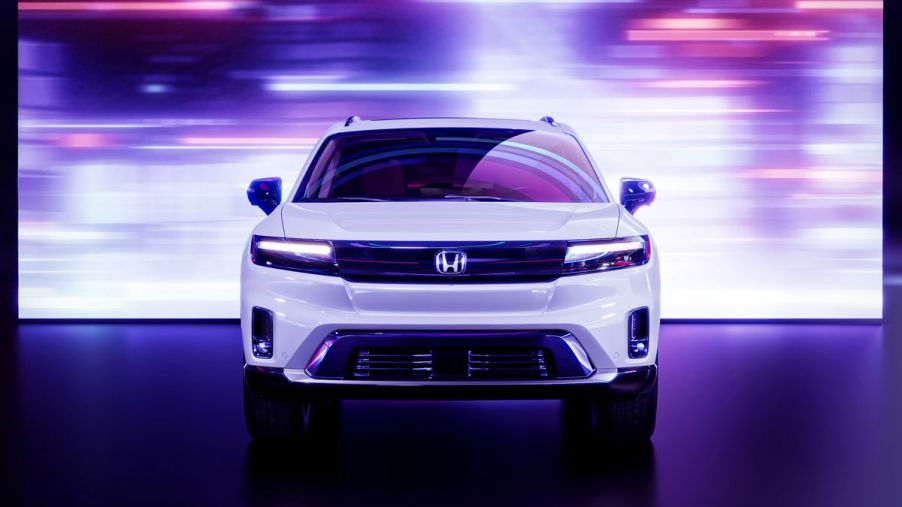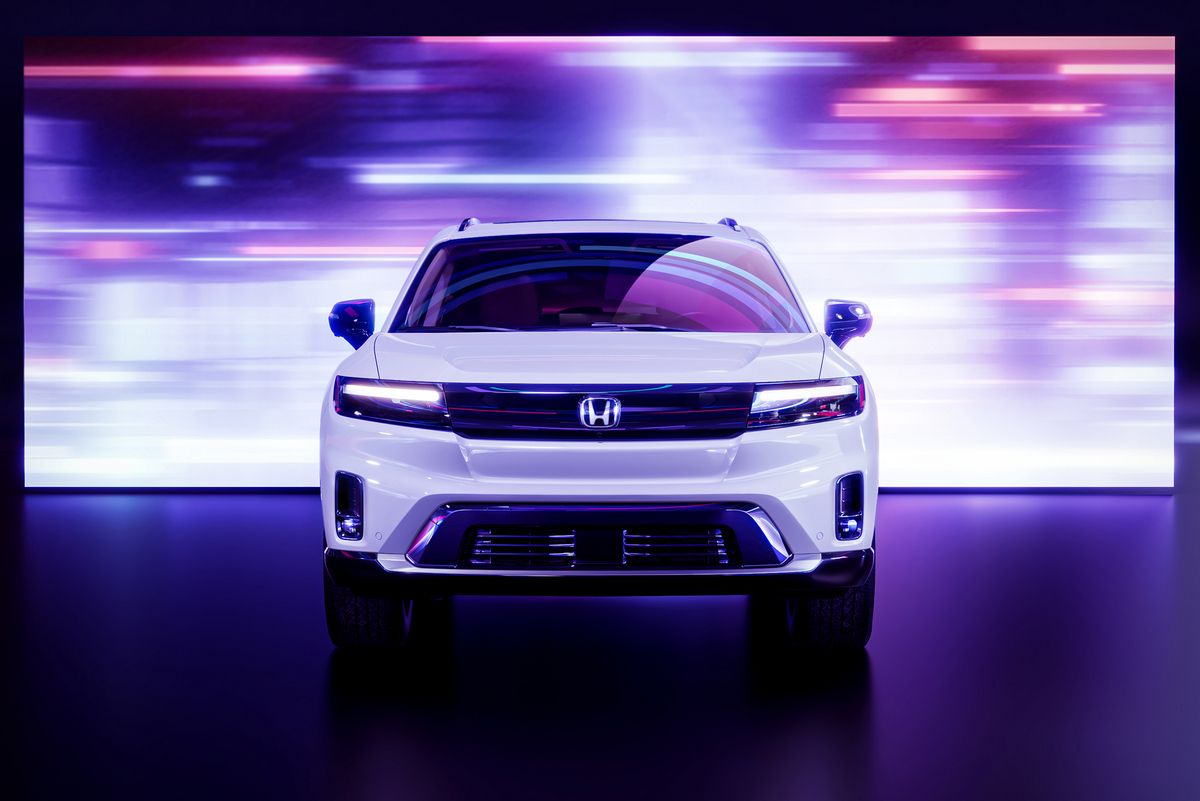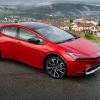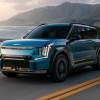
Honda Isn’t Going to Rely on GM for Its Next EV
Honda is taking a bold step toward independence with its upcoming electric vehicle (EV). In a recent announcement, the company confirmed that it will not be partnering with General Motors (GM) for its next EV. This move sets it apart from other automakers that are collaborating to develop electric technology. The decision underscores Honda’s commitment to creating its own path toward a sustainable and electric future.

Honda collaborated with GM to accelerate EV production
Honda has been slower to adopt electric vehicle technology compared to some of its rivals, but the company has recently announced a new strategy to catch up and become a leader in the EV market. As part of this strategy, Honda is collaborating with General Motors to leverage their advanced Ultium battery technology and platform.
The Ultium platform is an innovative EV platform that provides high energy density, fast charging capability, and an impressive driving range. It also supports both front-wheel and rear-wheel drive configurations and can accommodate a wide range of vehicle types and sizes.
Honda plans to use the Ultium platform to develop its first EV for the North American market, which will be a midsize crossover called the Prologue. The Prologue is expected to offer premium features and performance, and it is scheduled to go on sale in early 2024.
The company also plans to introduce a similar model under the Acura brand soon after. By collaborating with General Motors, Honda is gaining access to advanced EV technology that can help the company accelerate its electrification efforts and bring competitive EV models to market quickly.
A new EV platform for 2025
Car and Driver state that Honda announced it will launch a new electric vehicle (EV) in North America in 2025, based on its own proprietary platform called ‘e:Architecture’. The automaker has not provided any specific details on the new EV’s name or specs, but it is expected to be a mid-to-large-size vehicle, possibly an SUV with three rows.
This new EV will follow the aforementioned 2024 Prologue, a midsize crossover based on General Motors’ Ultium battery platform. However, Honda is also investing in developing its own EV platforms, and the e:Architecture is part of this initiative.
Honda’s current EV concepts in the Chinese market, like the e:N SUV concept, use a separate platform called e:N Architecture W, but there may be some shared components.
Honda’s decision to develop its own EV platform highlights its commitment to accelerating its electrification efforts and launching several new EV models by 2030. We can’t wait to see what this new e:Architecture-based EV will look like and what innovative features it will bring to the table.
Honda’s bold move will make it compete in the EV market
The announcement of Honda’s plans to introduce a new EV model in North America in 2025 on its own proprietary platform is a significant development for the company. By investing in its own EV platform, Honda is signaling its commitment to becoming a major player in the EV market rather than relying solely on collaborations with other automakers.
Furthermore, the move to develop its own platform could help Honda differentiate its EVs from those of its competitors and potentially offer unique features and capabilities that could give it a competitive advantage. Additionally, developing its own platform will give Honda more control over the design and production of its EVs This will allow them to tailor it more closely to the needs and preferences of its customers.
Finally, launching a second EV model in North America demonstrates Honda’s intention to expand its EV offerings. With increasing demand for EVs and stricter emissions regulations around the world, investing in electric technology and building out a robust lineup of EV models is crucial for the long-term success of any automaker.


